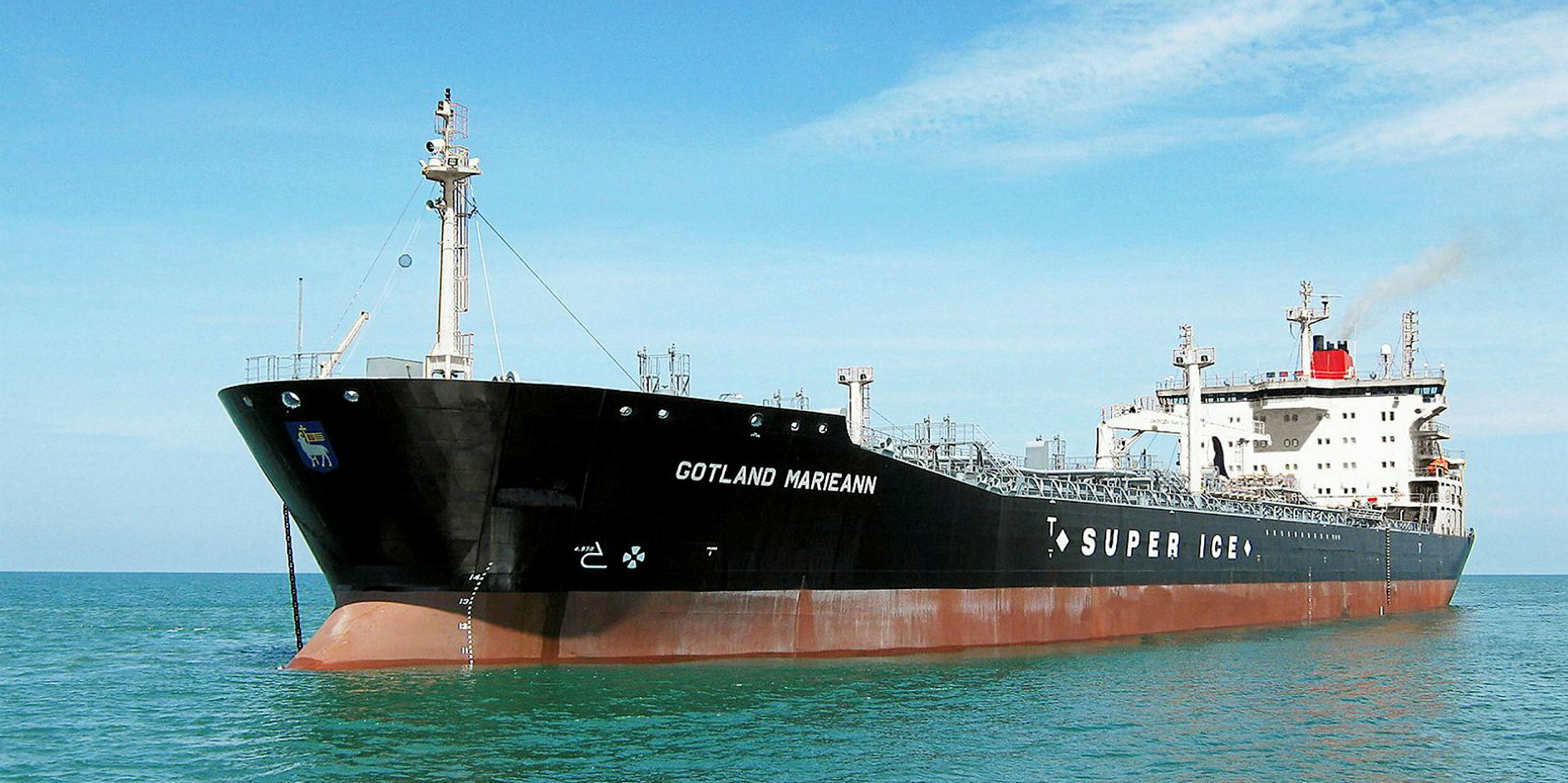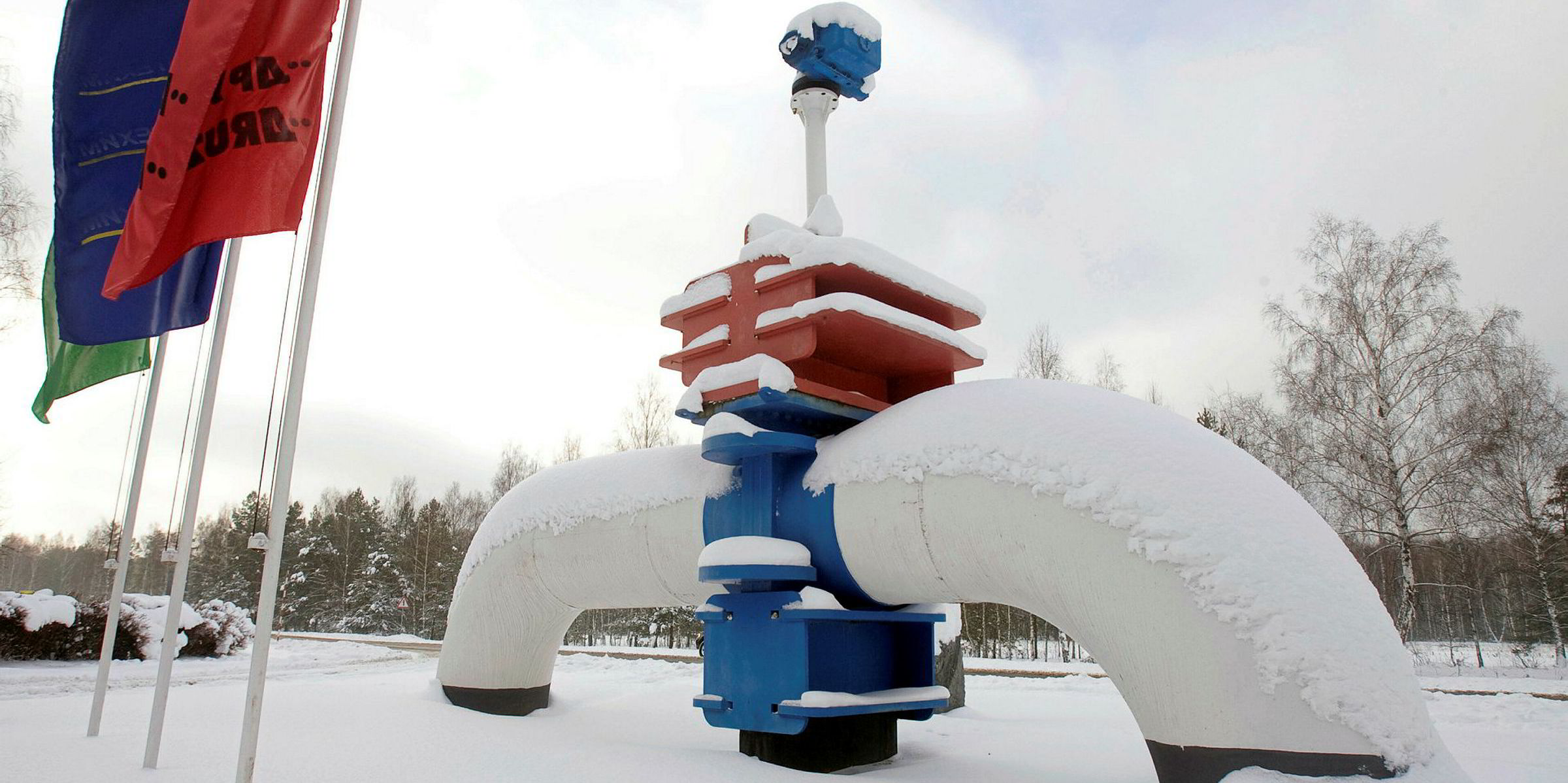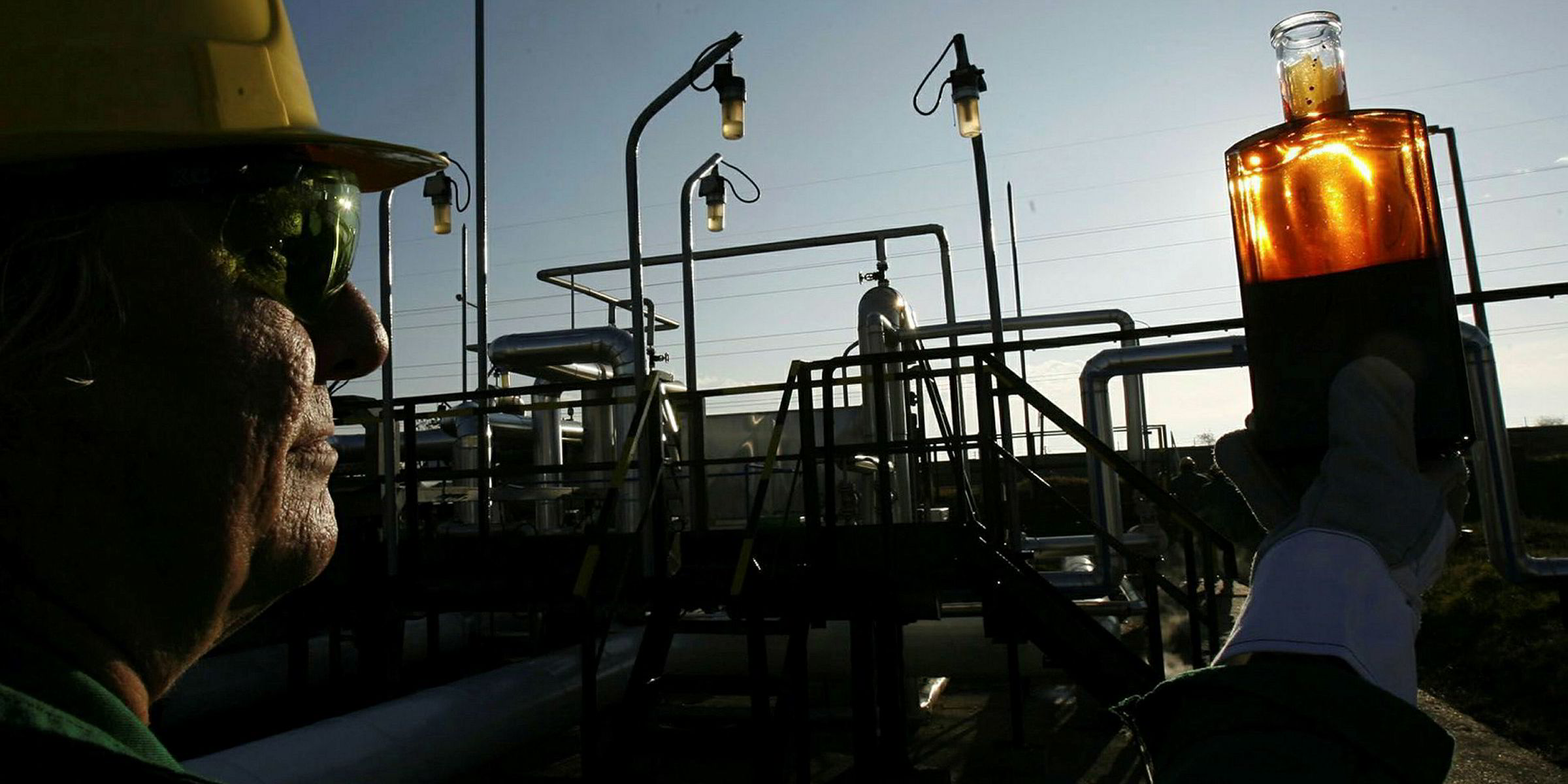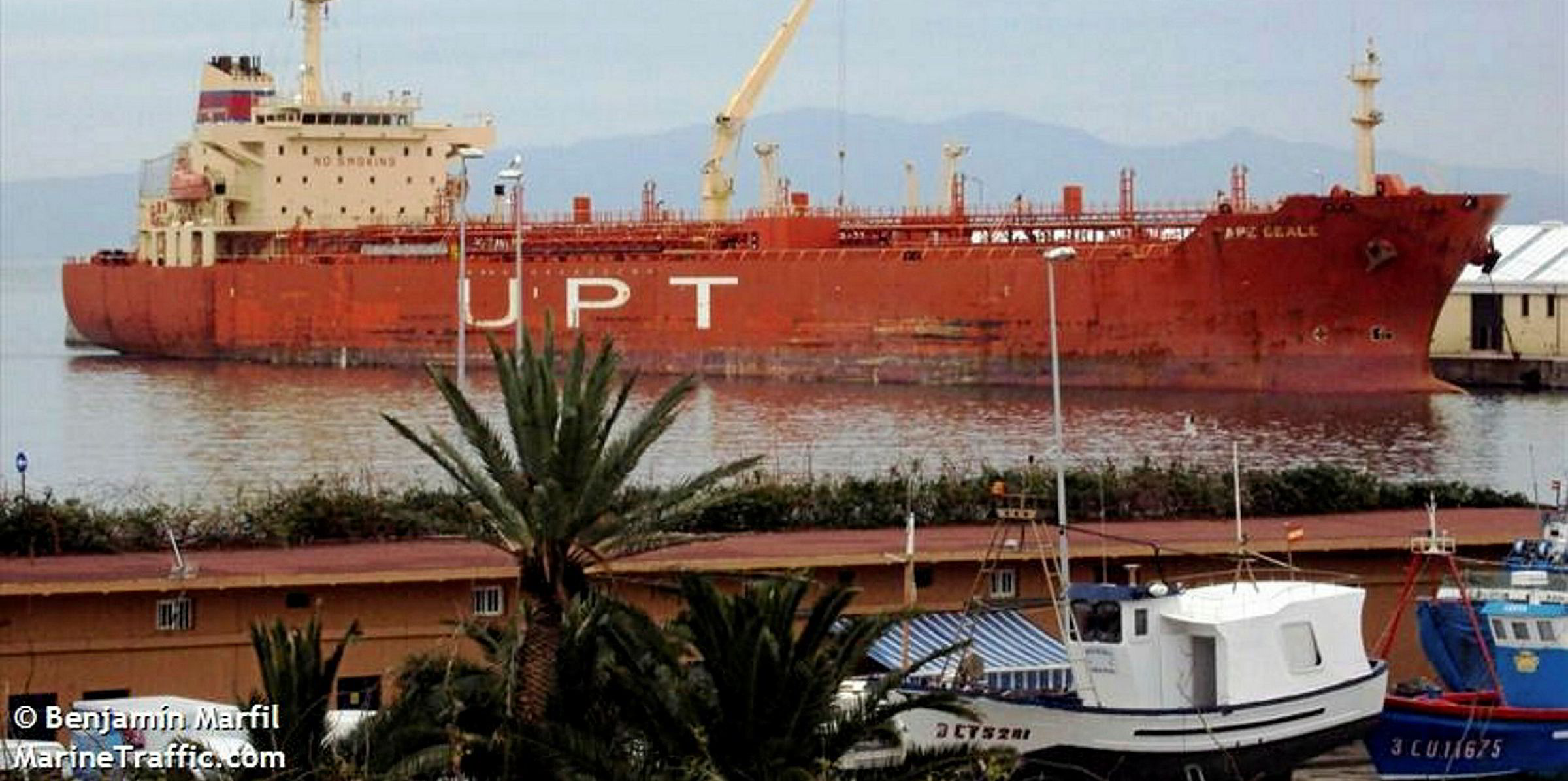The Russian crude supply crisis caused by contamination at the Druzhba pipeline has an unexpected victim, with the transatlantic MR product tanker trade feeling the impact.
Arbitrage economics for gasoline shipments from north-west Europe to the US East Coast, the bread-and-butter trade for MR owners, have significantly worsened on the strong European gasoline market following the Druzhba incident over the Easter weekend last month.
Data from broker PVM Oil shows gasoline in north-west Europe has been trading at a premium to gasoline at New York Harbor since mid-May for the first time at this time of the year during the 2010s.
“The main issue is European gasoline markets are quite tight now,” Energy Aspects’ head of oil products, Robert Campbell, tells TradeWinds. “Obviously this means the arbitrage to the US market is less viable.”
Coupled with periodic unplanned maintenance at several European refineries, lower Russian oil supply has led to lower gasoline production in Europe and consequently curbed cargo outflows, according to market participants.
Kpler data suggests only 264,000 tonnes of north-west European gasoline sailed to the Americas last week, down 43% from the previous week. Shipments this week could be as low as 118,000 tonnes.
Rather than pulling in European gasoline, US energy firms are finding more incentives in processing domestic crude, with the wider discount of West Texas Intermediate (WTI) grade to Brent, according to Braemar ACM’s east-of-Suez tanker research head, Anoop Singh.
“The loss of [Russian] Urals barrels [transported by Druzhba] increased demand for Brent, as a replacement crude,” Singh says.

Gasoline can be more profitably refined on the US East Coast using WTI crude compared to the landed price of European gasoline, he adds, after accounting for higher costs in Jones Act shipping on the domestic trade.
Persistent Druzhba woes
Having found high concentrations of organic chloride in millions of tonnes of Urals crude, European authorities and pipeline operator Transneft halted operations at the 5,500-kilometre (3,400-mile) Druzhba network for more than 10 days.
Although the pipeline has gradually resumed supply to Hungary and Slovakia, flows to Germany remain suspended, according to Bloomberg NEF.
The resumption has partly contributed to the recovery in north-west Europe to US East Coast MR rates, which have been below $10,000 per day for most of May.

When running normally, the Druzhba system can supply one million barrels per day (bpd) of crude to Poland, Germany, Hungary, Slovakia and the Czech Republic.
However, full operation is not expected to resume until late June at the earliest, which could curb any further gains in MR earnings.
“A few refineries impacted by contamination will need to undergo unplanned maintenance. That will mean a greater draw in gasoline stocks in Europe,” Singh says.
“However, the gasoline outage in these countries is relatively small, at about 60,000 bpd.
“On the whole, we expect the freight rates to recover off the lows of the last few weeks, though do not expect a dramatic recovery in the short term.”
Richard Matthews, head of research at Gibson Shipbrokers, points out that West African cargo demand and the approach of summer — when US gasoline demand rises — are also important factors.
“The fundamentals don't seem hugely supportive” for the north-west European MR market with the transatlantic gasoline arbitrage window shut, he says.
Further outlook “may come down more to positions or [whether] West African demand is emerging,” he says, adding that much will depend on how gasoline stocks and US refinery runs respond following the Memorial Day weekend.





